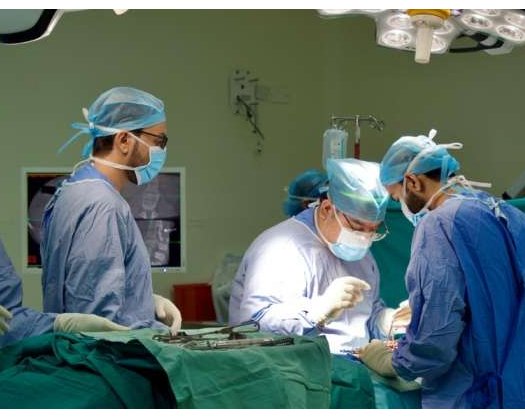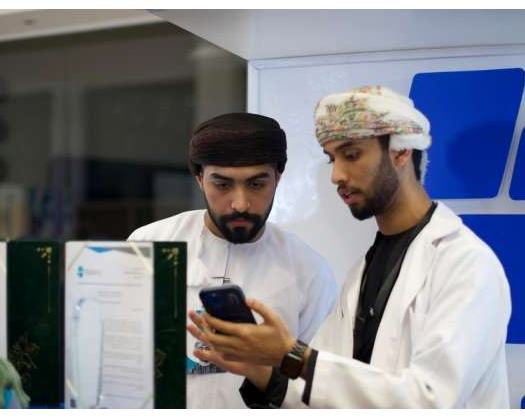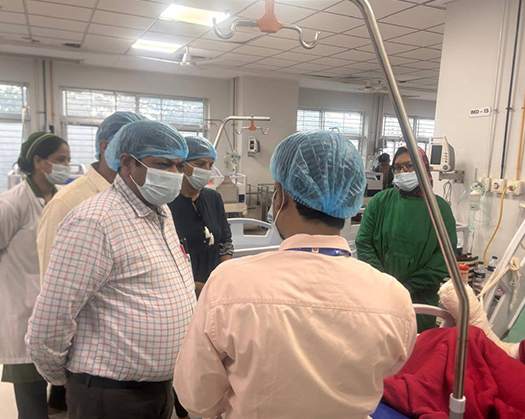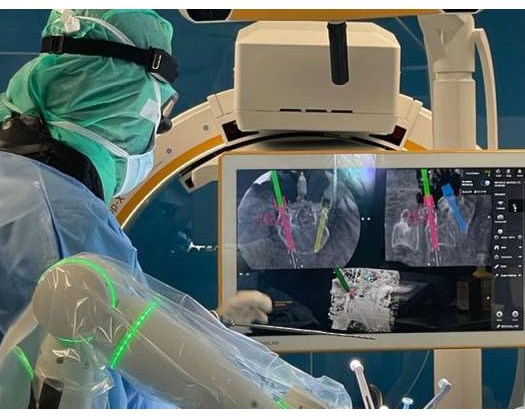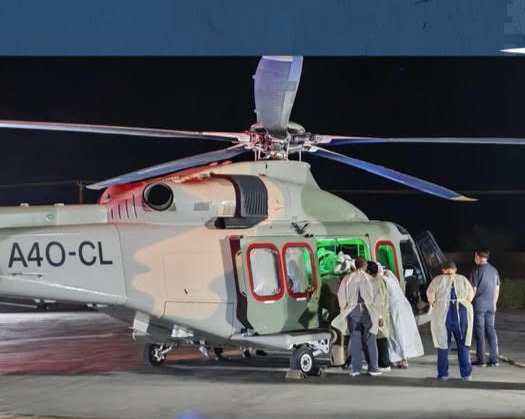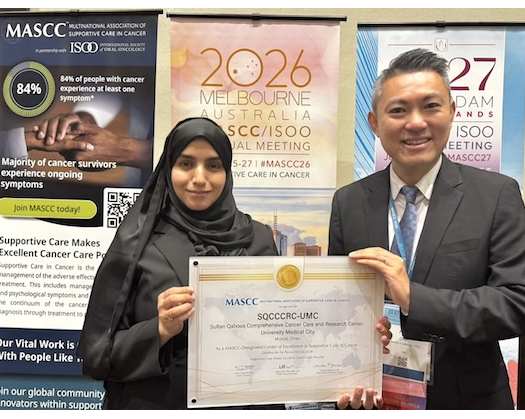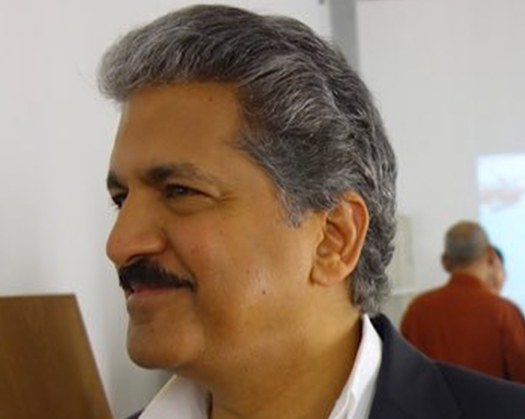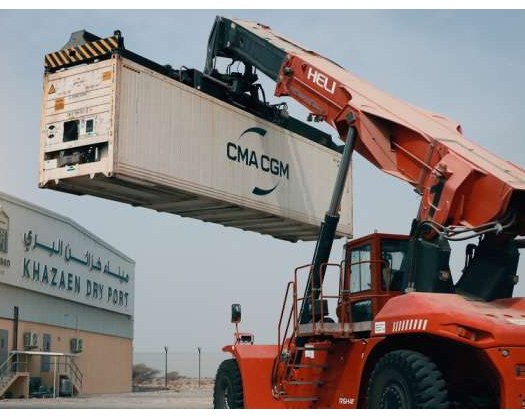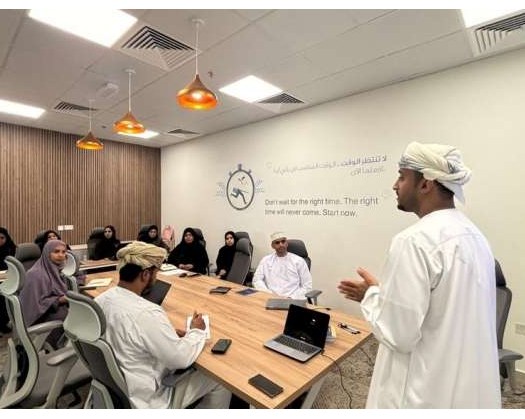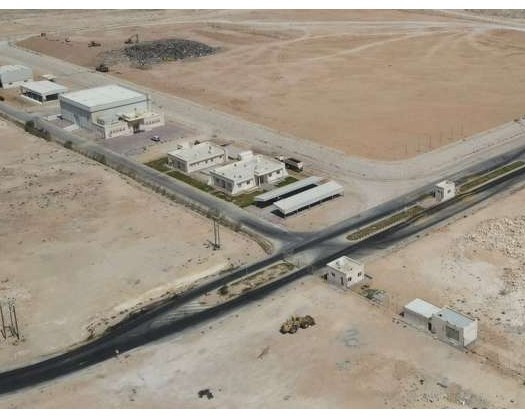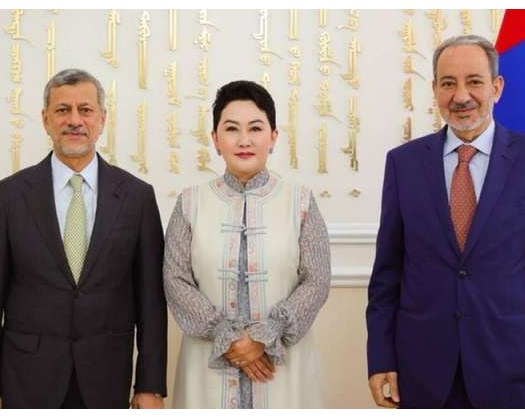Muscat— Khoula Hospital has effectively developed a full surgical programme for the treatment of spinal abnormalities (scoliosis), with the first operations taking place in 2012. The program has made tremendous progress in recent years, owing to national initiatives to localize these difficult operations.
According to Dr. Sultan Saif Al Kalbani, Head of the Spine Unit at Khoula Hospital and Consultant in Orthopedic and Spine Surgery, the program made a qualitative progress with the implementation of early scoliosis therapy last year. This breakthrough, he noted, has allowed for therapy intervention for youngsters at younger ages, resulting in over 50 successful instances.
He observed that such treatments were formerly done outside Oman, placing financial and psychological stress on patients and their families. The delivery of these services has eased these concerns, with national medical teams now capable of conducting sophisticated treatments without the need for patients to travel overseas.
Dr. Al Kalbani stated that this accomplishment places Khoula Hospital among a select number of institutions in the Gulf and Middle East that provide such advanced, precision treatments employing cutting-edge technology, such as intraoperative nerve monitoring and current spinal fixation systems.
The hospital has also adopted advanced surgical navigation technology and robot-assisted surgery to improve precision, minimize problems, and increase surgical outcomes. Khoula Hospital is now one of the region's leading hospitals to use these techniques in pediatric spine surgery.
He noted that the institution has produced a full unit documenting its scoliosis treatment experience over the years, as part of ongoing attempts to improve specialization, training, and scientific documentation.
A creative strategic research project is now underway in partnership with artificial intelligence technologies to develop early scoliosis screening procedures for schools. This effort seeks to improve early diagnosis and reduce the demand for sophisticated surgical procedures in the future, according to him.
Dr. Al Kalbani emphasized that this achievement is due to collaborative efforts among physicians, technologists, and healthcare managers. Efforts are underway to broaden the program's scope and develop research and training programs to fulfill patient demands both nationally and regionally.
He underlined that investing in national workforce training has been—and continues to be—critical to this success, with medical, nursing, and support employees receiving ongoing training through seminars both inside Oman and abroad to maintain service quality and patient safety.
Dr. AlKalbani noticed rising public awareness of early scoliosis diagnosis and praised citizens' confidence in government healthcare institutions, notably Omani professionals who have shown their capacity to deliver sophisticated treatment services that meet global standards.
Dr. Rashid Mohammed Al Alawi, the director general of Khoula Hospital, stated that the hospital aims to become a regional referral center for spine surgery, led by Omani specialists. This goal, he claims, is being achieved through ongoing training programs, seminars, workshops, domestic and international fellowships, and advanced research in spinal problems and surgery, which are published in reputed scientific publications.
He said the hospital seeks for medical quality while also prioritizing patient-centered care. According to him, the hospital's attempts to relieve patient suffering, speed recovery, and enable them to return to a better quality of life include extending specialized services and using cutting-edge technology such as robot-assisted operations.

